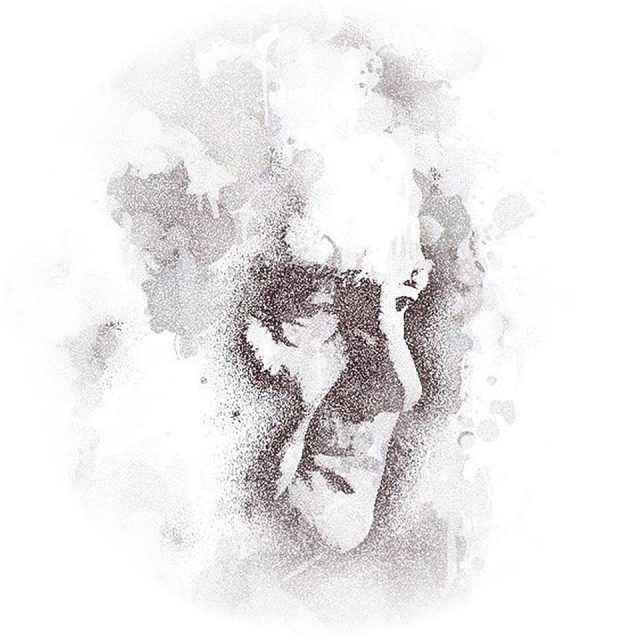There are lots of people in Europe who don’t know where Armenia is. There are less people who had never met an Armenian in their lives. And there are the ones who don’t recognize Armenians. All one has to say is “Charles Aznavour,” and the possibility is high that they will then remember us. There have been a few Armenians who, throughout the 20th century, have become world-famous among groups of people, particularly Aram Khachatryan and William Saroyan. In the 21st century, it was Aznavour, and now he is no longer with us. One of the events that people know us for, sadly, is the Armenian Genocide, and the other is the Artsakh conflict. We have something to be proud of with the latter, but, in the end, war, which is tied to violence and destitution, cannot be a positive “national brand.”
But if we don’t talk about great people like Khachatryan, Saroyan, and Aznavour- people who have proudly carried the name “Armenian”- we can say this: nations of people that were stateless for a long time have something difficult on their hands- they need to have famous compatriots to be proud of. On a certain level, that’s normal- the person is a member of our “national team,” and it’s great that they have been successful. When everyone suddenly becomes Armenian, Georgian, or Irish, that can already be considered ignorance, just as one of Vardan Petrosyan’s characters said in a sketch: “We bought trash with billions.”
However, there are some people in today’s Armenian youth who fall under the other extreme category: what’s the purpose of emphasizing nationality and turning that into a topic for discussion? If the person did something good, if they benefited mankind somehow, then what does their nationality matter? Even though I do not agree with this approach, there is something healthy about that. I can see progress which is tied to generational changes.
The movement that began in 1988 was democratic in essence, but it came from the nationalist Armenian reality of the preceding years to preserve identity, the Armenian essence, healing the wounds of the past, and demanding to control the lost Armenian lands. Considering this logic, it’s natural to try and look for even a quarter of Armenian blood within anyone. The movement in 2018 was for the state; people, the majority of which were youth, announced that they don’t want to have the kind of state that we had over the past 27 years. They wanted to be proud not of famous Armenians, but of the Armenian state. So that everyone could know where that country is.
Aram Abrahamyan


















































